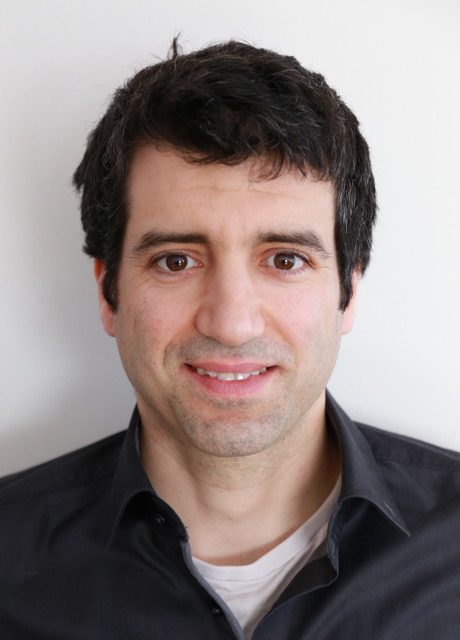
- Diese Veranstaltung hat bereits stattgefunden.
Julio Saez-Rodriguez: Computational models from multi-omics data for personalized medicine

By Julio Saez-Rodriguez, Heidelberg University Hospital, Institute of Computational Biomedicine
Modern technologies allow us to profile in high detail biological and medical samples at fast decreasing costs. New technologies are opening new data modalities, including to measure at the single-cell level and with spatial resolution. Computational models, in particular those built with machine learning, are expected to help us to extract insight form these data. Using biological knowledge to aid machine learning can significantly improve the results. Towards this end, we have developed a number of tools that range from a meta-resource of biological knowledge to methods to infer pathway and transcription factor activities from gene expression and subsequently infer causal paths among them. Furthermore, we have developed approaches to build dynamic logic models of molecular networks and how they response to perturbations such as drug treatment. I will illustrate their utility in cases of biomedical relevance and show how they improve our understanding of molecular processes, identify biomarkers, and point at novel therapeutic opportunities.
Short CV
Julio Saez-Rodriguez is Professor of Medical Bioinformatics and Data Analysis at the Faculty of Medicine of Heidelberg University, director of the Institute for Computational Biomedicine, group leader of the EMBL-Heidelberg University Molecular Medicine Partnership Unit, a member of the Heidelberg ELLIS Unit, and a co-director of the DREAM challenges. He holds a PhD (2007) in Chemical Engineering. He was a postdoctoral fellow at Harvard Medical School and M.I.T (2007- 2010), group leader at EMBL-EBI, Cambridge (2010-2015), and professor of Computational Biomedicine at RWTH Aachen (2015-2018). He is interested in developing and applying computational methods to acquire a functional understanding of signaling networks and their deregulation in disease, and to apply this knowledge to develop novel therapeutics. Current emphasis in his group is on use of single-cell technologies, multi-omics integration, and understanding multi-cellular communication. While his previous focus has been on cancer, he is increasingly working on autoimmune, kidney and cardiovascular disease. More information at www.saezlab.org.
REGISTRATION: